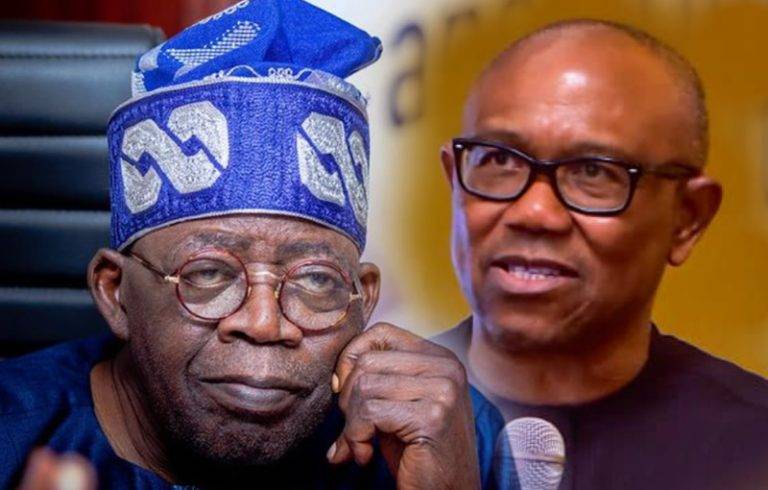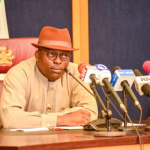Prominent Nigerians, including former governors and public officeholders, have raised concerns over the declining state of democracy in the country, warning that the system is failing to serve the people effectively.
Speaking at a colloquium held in Abuja to celebrate the 60th birthday of former Imo State Governor Emeka Ihedioha, the leaders expressed dissatisfaction with Nigeria’s democratic progress. The event, chaired by former President Olusegun Obasanjo, was attended by notable figures such as former Commonwealth Secretary-General Emeka Anyaoku, former Vice President Atiku Abubakar, former Labour Party presidential candidate Peter Obi, and former governors Aminu Tambuwal and Aminu Masari.
In his keynote address, Catholic Bishop of Sokoto Diocese, Matthew Kukah, argued that Nigeria’s democracy appears to benefit only a select few. He lamented the increasing pressure on the judiciary, especially during elections, and called for urgent reforms to uphold democratic values.
Obi, however, disagreed with Kukah’s view that democracy in Nigeria is a work in progress, asserting that previous administrations had made efforts to strengthen the system before recent developments set the country back. He cited his experience as Anambra governor, highlighting how court decisions were respected in the past compared to the present situation.
Obasanjo described Africa’s current democratic model as a flawed version of representative democracy that fails to serve everyone. He stressed that democracy must be adapted to fit African realities rather than being blindly imposed.
Atiku recalled the personal sacrifices many leaders made for democracy, including his own exile during the military regime. He commended Ihedioha for his loyalty and dedication to democratic principles despite political differences.
Tambuwal condemned the state of emergency recently imposed on Rivers State, criticizing the National Assembly for approving it in what he termed an unconstitutional manner. He called for adherence to democratic rules to ensure the system functions effectively.
Anyaoku emphasized the need to revise the 1999 Constitution to address governance challenges and prevent democratic backsliding. He argued that true federalism is necessary for managing national issues effectively.
House of Representatives Speaker Tajudeen Abbas, however, offered a contrasting perspective, insisting that democracy in Nigeria is making steady progress despite challenges. He maintained that democratic governance has become an established model in the country, with elections ensuring periodic leadership changes.
The event concluded with calls for urgent reforms to strengthen democracy and prevent further decline.




